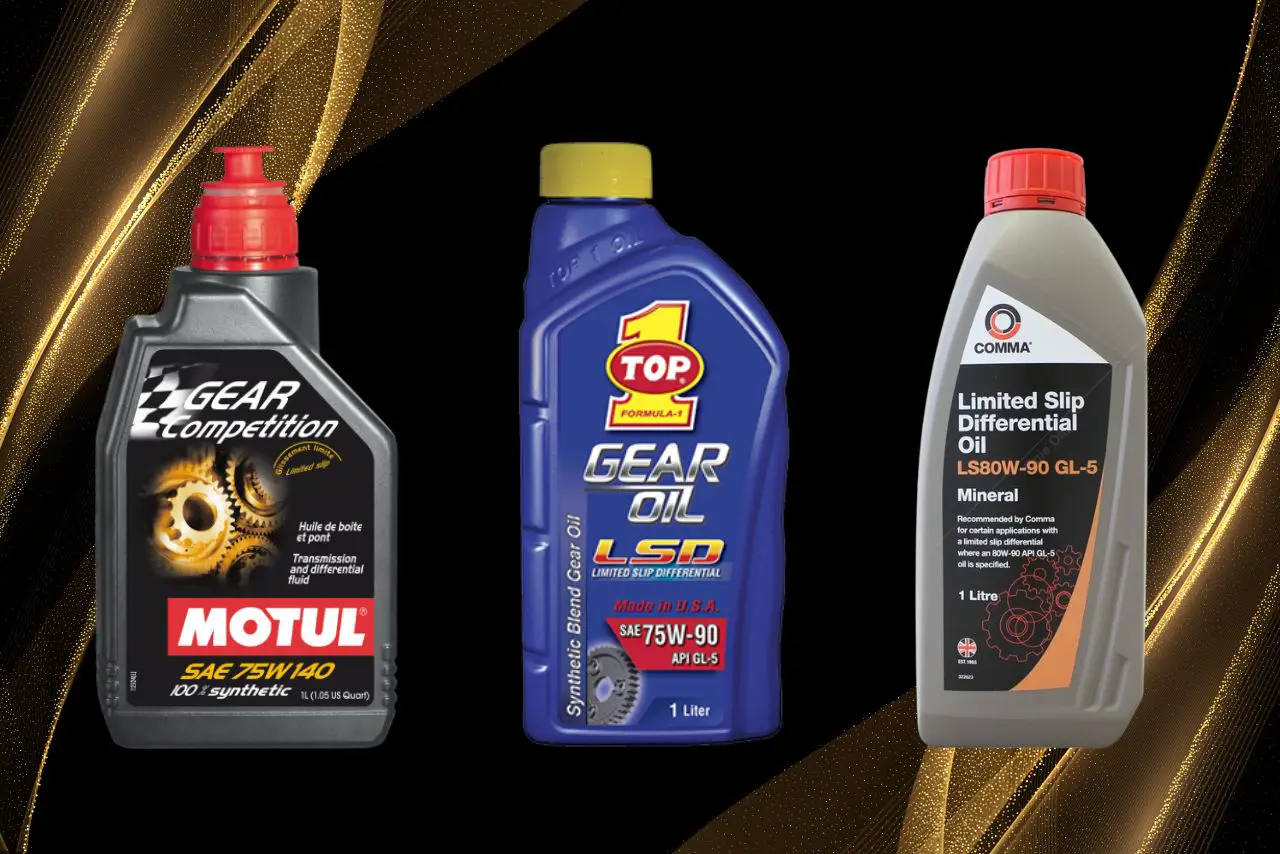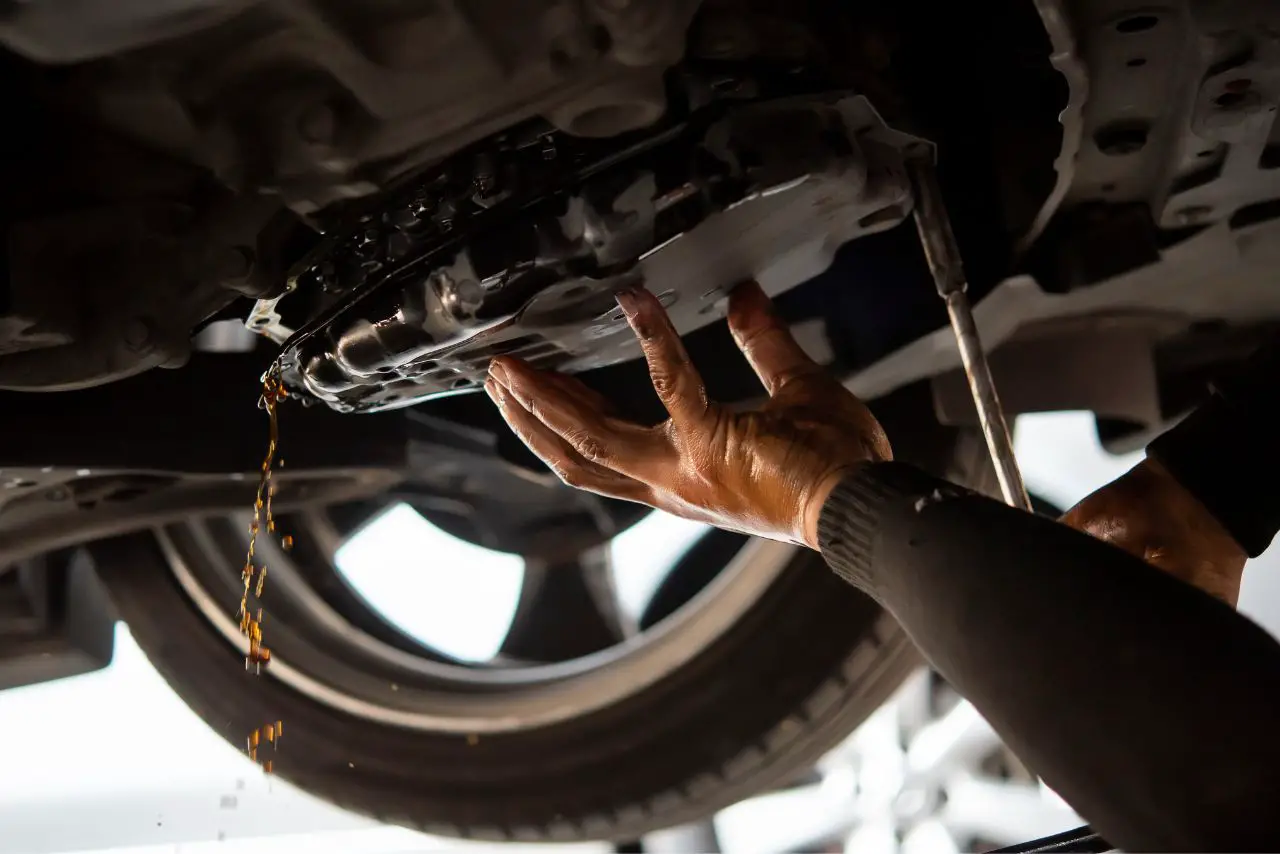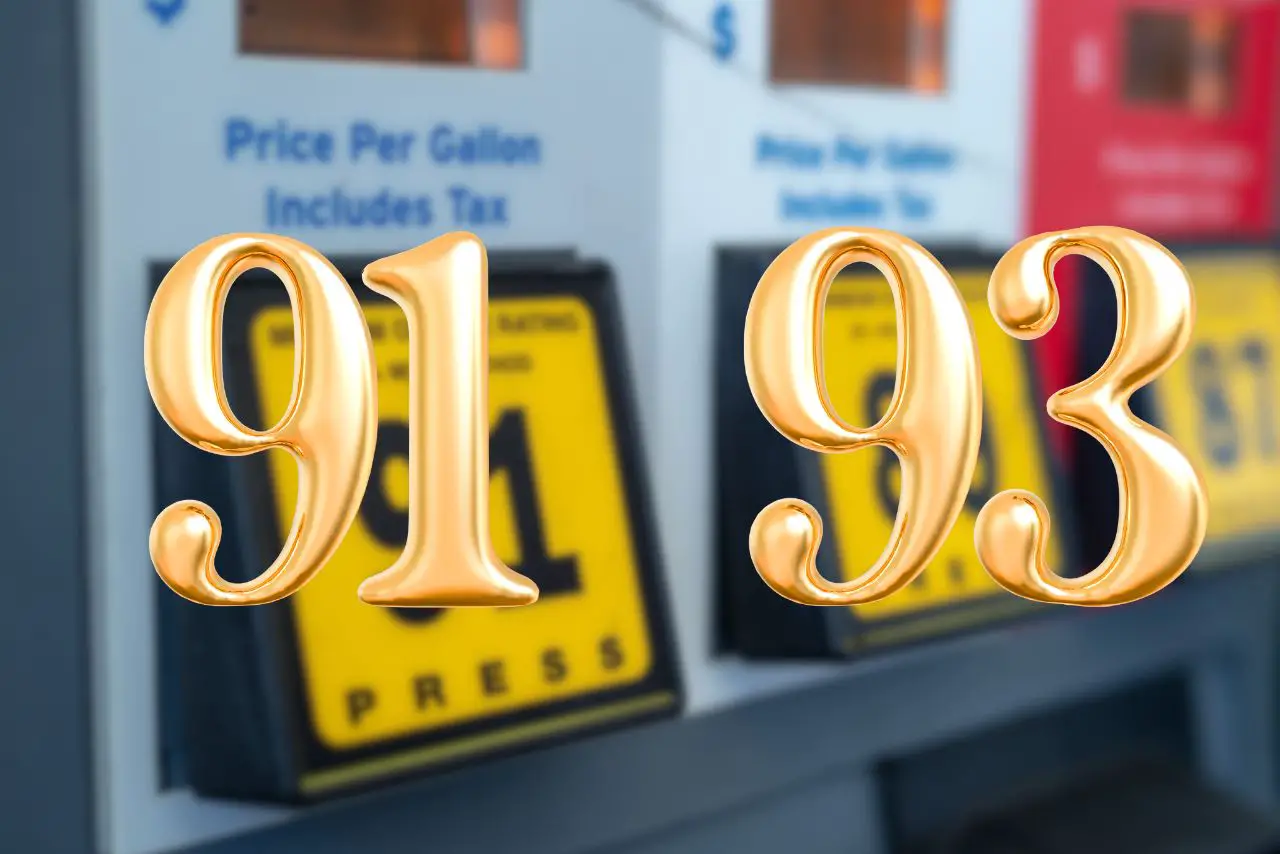Are Cheap Cars Worth It? The notion that ‘cheap’ cars are not worth the investment is a misconception which undermines their potential value to consumers. Despite lower upfront costs, these vehicles can offer significant return on investment in terms of reliability and longevity.
In fact, a recent study conducted by the MIT Center for Automotive Research found that cost-effective vehicles are often more reliable than their more expensive counterparts, suggesting that they may be an optimal choice for those seeking reliable transportation at a reduced price point.
When it comes to purchasing a car, most people want to find the best deal possible. This often means searching for a car that is affordable and fits within their budget.
However, the question remains: are cheap cars worth it? While a low price tag may seem appealing, there are several factors to consider before making a purchase.
One of the main concerns with cheap cars is their reliability. Cheaper cars may have lower quality parts or may not have been maintained as well as more expensive vehicles. This can lead to frequent breakdowns and costly repairs.
On the other hand, there are some benefits to purchasing a cheap car. For one, an affordable car may be more accessible to those who are on a tight budget or need a vehicle for short-term use.
Is It A Good Or Bad Idea To Buy A Cheap Car?
When it comes to buying a car, many people are drawn to the idea of purchasing a cheap vehicle in order to save money. While it is true that buying a cheap car can save you money upfront, it is important to consider the long-term costs and benefits of such a purchase.
According to a study by Kelley Blue Book, the average price of a new car in the US is around $38,000, while the average price of a used car is around $20,000.
However, the study also found that the cost of ownership for a used car is typically higher than for a new car, due to factors such as maintenance and repairs.
One of the main advantages of buying a cheap car is the lower upfront cost. This can be especially beneficial for those on a tight budget or looking to save money.
Pros of Buying a Cheap Car
When it comes to buying a car, many people are tempted to go for the cheapest option. While it’s true that a cheap car can save you money upfront, there are other benefits as well.
Here are some of the pros of buying a cheap car:
- Affordability: The most obvious benefit of buying a cheap car is that it’s affordable. If you’re on a tight budget or don’t want to spend a lot of money on a car, a cheap car can be a great option.
- Lower Insurance Costs: Another benefit of buying a cheap car is that it typically comes with lower insurance costs. Since the car is less expensive, the insurance company will have to pay less if the car is damaged or stolen.
- Less Depreciation: Cheap cars tend to depreciate less than expensive cars. This means that if you decide to sell the car in a few years, you may be able to get more of your money back.
- Lower Maintenance Costs: Cheap cars are often easier and less expensive to maintain. Since the car is older and has fewer features, there are fewer things that can go wrong.
While there are certainly some downsides to buying a cheap car, such as a lack of features and potentially higher repair costs, there are also many benefits.
If you’re on a tight budget or simply don’t want to spend a lot of money on a car, a cheap car can be a great option.
More: Is New Toyota Supra is Trash?
Cons of Buying a Cheap Car
While buying a cheap car may seem like a good idea, there are several downsides to consider before making a purchase. Here are a few:
- Reliability: Cheap cars are often less reliable than their more expensive counterparts. They may break down more frequently, which can be frustrating and costly.
- Safety: Cheaper cars may not have the same safety features as more expensive models. This can put you and your passengers at risk in the event of an accident.
- Resale value: Cheap cars tend to have lower resale values than more expensive models. This means that when you go to sell the car, you may not get as much money for it as you would if you had bought a more expensive car.
- Comfort: Cheaper cars may not be as comfortable to drive as more expensive models. They may have less legroom, uncomfortable seats, or other features that make driving less pleasant.
It’s important to consider these factors before making a decision about whether to buy a cheap car.
While the lower price tag may be tempting, it’s important to weigh the potential downsides and decide whether the savings are worth it in the long run.
Factors to Consider Before Buying a Cheap Car
Buying a cheap car can be a tempting option for many people, especially those on a tight budget. However, before making a decision, it is important to consider several factors to ensure that you are getting a good deal and not just a headache.
Here are some factors to consider:
1. Condition of the Car
The condition of the car is one of the most important factors to consider before buying a cheap car. While the price tag may be attractive, you need to ensure that the car is in good working condition.
You should check the car’s mileage, service history, and overall condition before making a decision. If the car has a lot of wear and tear, it may end up costing you more in repairs in the long run.
2. Maintenance Costs
When it comes to cheap cars, maintenance costs can quickly add up. Before making a purchase, you should research the make and model of the car to determine the average maintenance costs.
You should also consider the age of the car, as older cars may require more frequent repairs and maintenance.
3. Safety Features
While cheap cars may be affordable, they may not have the same safety features as newer, more expensive cars.
It is important to consider the safety features of the car before making a purchase. You should look for cars with features such as airbags, anti-lock brakes, and traction control.
More Read: What Does Riced Mean in Cars?
4. Resale Value
Another factor to consider when buying a cheap car is the resale value. While you may be getting a good deal upfront, you should also consider how much the car will be worth when you decide to sell it.
Cars with high resale value will retain their value over time, making them a better investment in the long run.
5. Financing Options
Finally, you should consider your financing options when buying a cheap car. While you may be able to pay for the car upfront, you may also want to consider financing options.
You should research different financing options to determine which one is best for you.
Tips for Buying a Cheap Car
When it comes to buying a cheap car, it’s important to keep a few things in mind to ensure that you’re getting a good deal without sacrificing on quality. Here are some tips to consider:
1. Research the Car’s history
Before buying a cheap car, it’s important to research its history to ensure that it hasn’t been in any major accidents or had any major repairs. You can use online resources like Carfax or AutoCheck to get a detailed history report on the car.
2. Get a pre-purchase inspection
Even if the car looks good on the surface, it’s important to get a pre-purchase inspection from a trusted mechanic to ensure that there are no hidden issues. This can save you from costly repairs down the line.
3. Consider the cost of repairs
Cheap cars often come with a higher risk of needing repairs, so it’s important to consider the cost of repairs before making a purchase.
Look up common issues with the make and model of the car you’re considering and factor in the cost of repairs when making your decision.
Read Also: Can You Mix Dexron 6 With Dexron 3?
4. Don’t be afraid to negotiate
When buying a cheap car, there’s often room for negotiation on the price. Don’t be afraid to make an offer and see if the seller is willing to come down on the price.
5. Take it for a test drive
Before making a final decision, take the car for a test drive to ensure that it drives well and there are no major issues. Pay attention to any strange noises or vibrations and make note of any concerns you have.
6. Consider the total cost of ownership
When buying a cheap car, it’s important to consider the total cost of ownership, including things like insurance, gas mileage, and maintenance costs. Make sure that the car is affordable in the long run before making a purchase.
Conclusion: Are Cheap Cars Worth It?
When it comes to buying a cheap car, there are pros and cons to consider. On one hand, the lower price point can be attractive to those on a budget or looking for a short-term solution. However, it’s important to keep in mind that cheap cars often come with their own set of issues and risks.
Are Cheap Cars Worth It? While it may seem like a great deal to purchase a car for a few thousand dollars, it’s important to consider the long-term costs.
Cheaper cars may require more frequent repairs and maintenance, which can add up quickly. Additionally, they may not have the same safety features and technology as newer, more expensive models.
Ultimately, the decision to buy a cheap car comes down to your individual circumstances and priorities. While it may seem like a good deal at first, it’s important to do your research and consider all of the potential costs and risks before making a purchase.






Leave a Reply